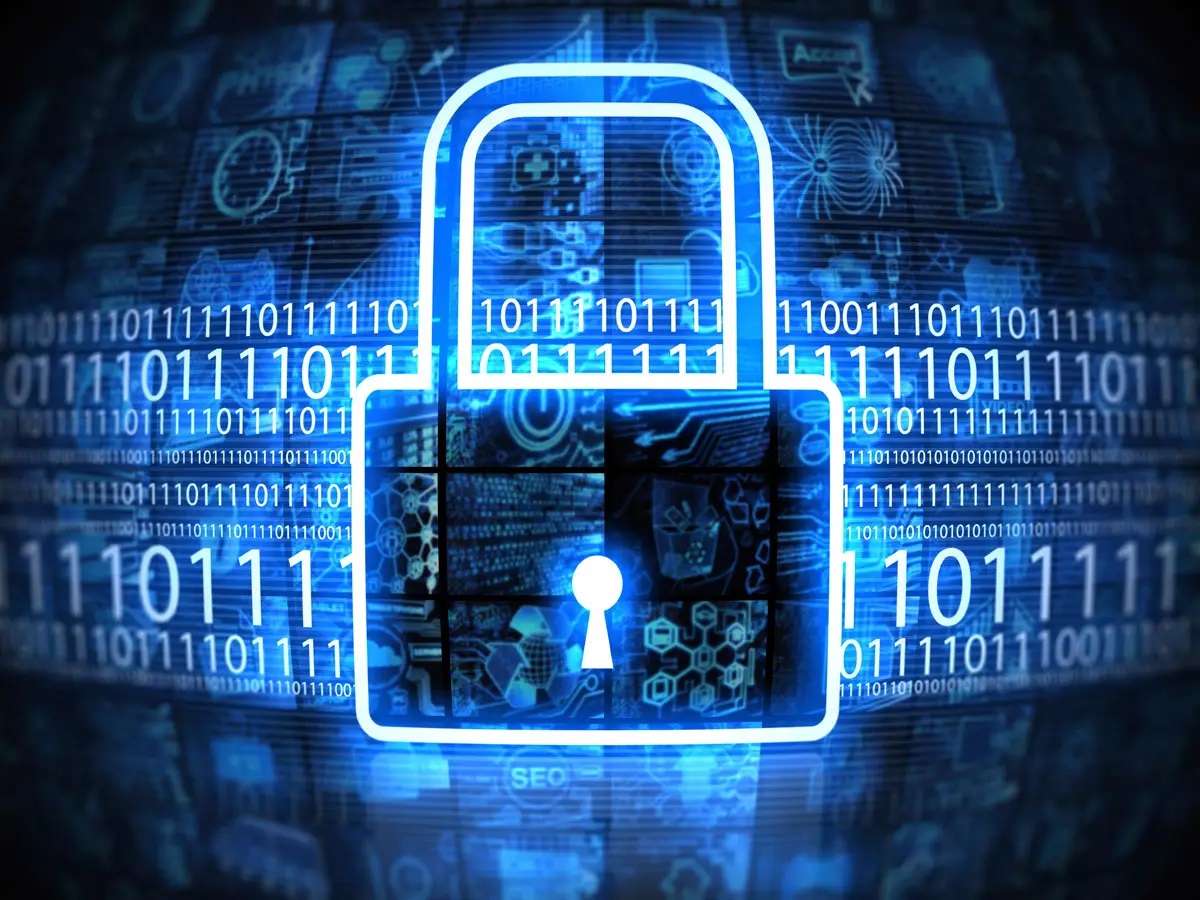What is Online security?
Importance of Antivirus Software in Cybersecurity: Protection against Online Threats
Online security refers to the practice of protecting devices, networks, and sensitive information from unauthorized access, theft, or damage.The term is also known as cybersecurity or internet security and cover a wide range of practices to secue and protect computers, mobile devices, and networks from digital attacks. Online security is crucial for businesses, organizations, and individuals who rely on the internet and digital technologies to carry out their day-to-day activities. In this text, we will discuss what online security is, why it is important, the types of cyber threats that exist, and the measures individuals and organizations can take to improve their online security.
Online security includes a range of technologies that are designed to prevent cyber attacks and minimize the risk of digital threats. Some of the key components of online security include antivirus software, firewalls, encryption, and user authentication.
Why is Online Security Important?
As the internet and digital technologies have become increasingly prevalent, the need for online security has grown. Businesses, organizations, and individuals rely on the internet to store and transmit sensitive information such as financial data, personal information, and intellectual property. The loss or theft of this information can result in significant financial and reputational damage. In addition, cyber attacks can cause disruption to essential services, leading to the loss of productivity and revenue.
Types of Cyber Threats
There are many types of cyber threats that individuals and organizations need to be aware of. Here are some of the most common:
Measures to Improve Online Security
There are several measures individuals and organizations can take to improve their online security. Here are some of the most important:
Use Antivirus Software: Antivirus software is designed to detect and remove malware from devices. Antivirus software should be installed and updated regularly to ensure that it is effective against the latest threats.
Update Software: Software and operating systems should be updated regularly to ensure that security patches are installed. Outdated software can be vulnerable to cyber attacks.
Use Strong Passwords: Passwords should be strong and unique, consisting of a combination of upper and lower case letters, numbers, and symbols. Passwords should be changed regularly, and different passwords should be used for different accounts.
Enable Two-Factor Authentication: Two-factor authentication is an additional security measure that requires users to provide two forms of identification to access their accounts. This can include a password and a code sent to a mobile device.
Avoid Public Wi-Fi Networks: Public Wi-Fi networks are often unsecured and can be used by cyber attackers to gain access to sensitive information. It is best to avoid using public Wi-Fi networks for sensitive activities such as online banking.
Be Cautious When Clicking Links: Links in emails or on websites should be treated with caution. Cyber attackers often use links to direct users to

Online security FAQs
What is online security?
Online security refers to the measures taken to protect your computer systems, networks, and internet-connected devices from cyber threats like viruses, malware, phishing, and hacking attacks. Online security helps safeguard your personal information, online identity, and financial data.What are some common online security threats?
Some common online security threats include malware, ransomware, phishing attacks, password theft, identity theft, and hacking attacks. These threats can cause significant damage by stealing personal information, destroying files, taking control of devices, and more.What is antivirus software?
Antivirus software is a type of cybersecurity software that protects your computer against malicious software like viruses, spyware, and malware. Antivirus software scans your computer for threats and removes them to prevent damage to your system. Many antivirus software programs also include additional features like firewalls and identity theft protection.How can I improve my online security?
You can improve your online security by following good cybersecurity practices like using strong passwords, updating software regularly, being cautious of suspicious emails, avoiding public Wi-Fi networks for sensitive activities, and using antivirus software. It's also important to stay informed about the latest threats and to be proactive in protecting your personal information and devices.| | A | | | B | | | C | | | D | | | E | | | F | | | G | | | H | | | I | | | J | | | K | | | L | | | M | |
| | N | | | O | | | P | | | Q | | | R | | | S | | | T | | | U | | | V | | | W | | | X | | | Y | | | Z | |
| | 1 | | | 2 | | | 3 | | | 4 | | | 7 | | | 8 | | |||||||